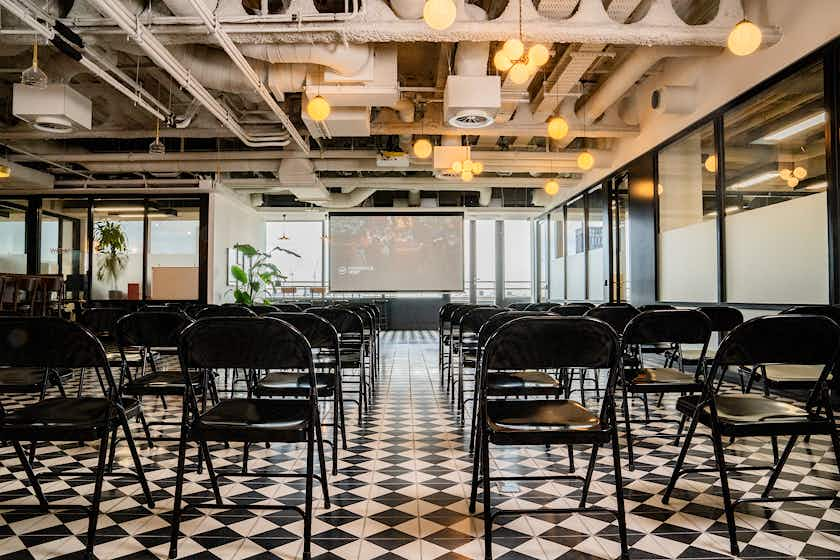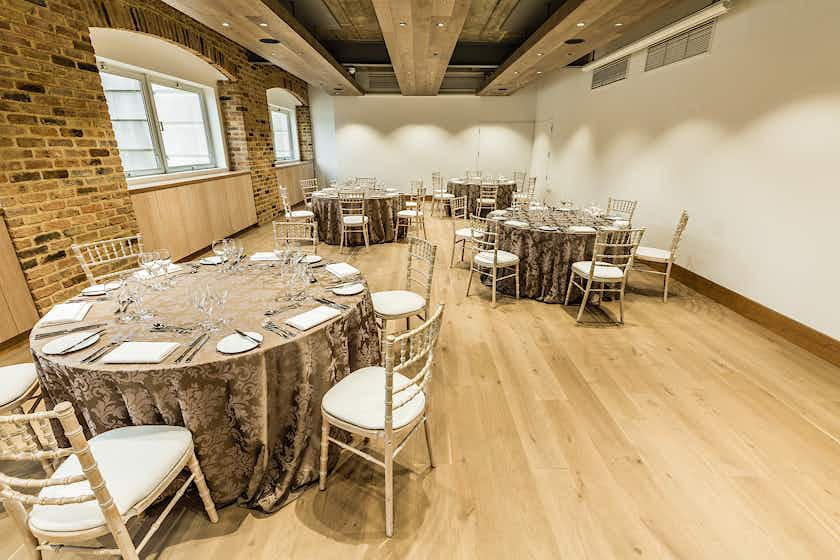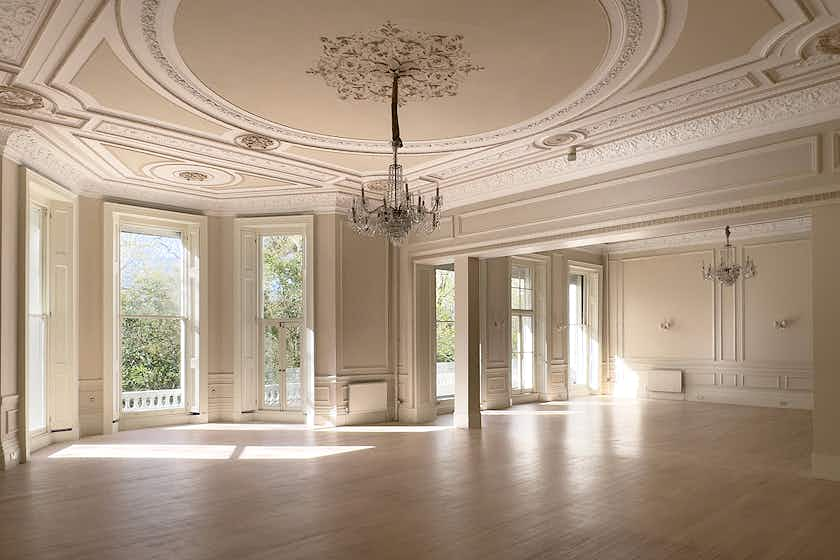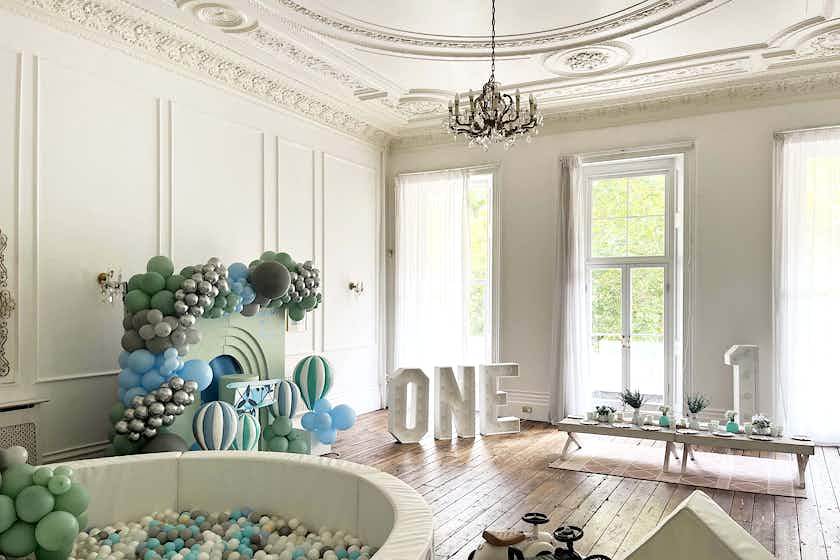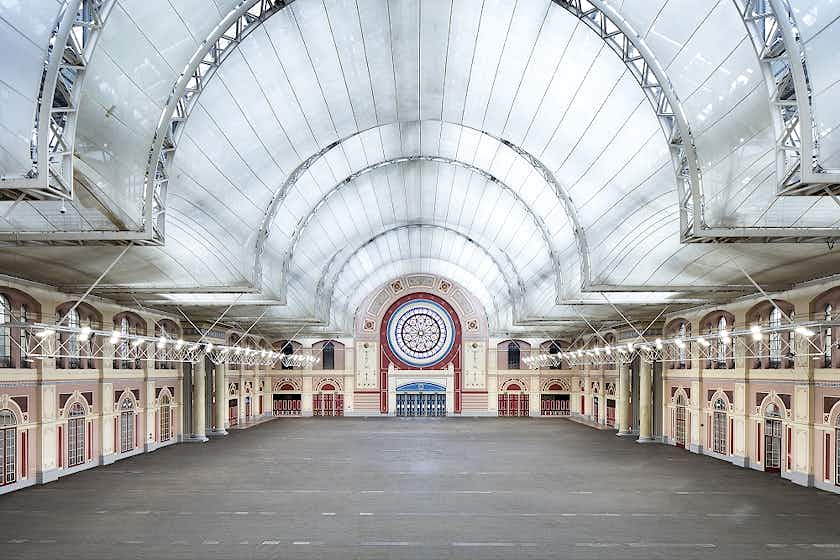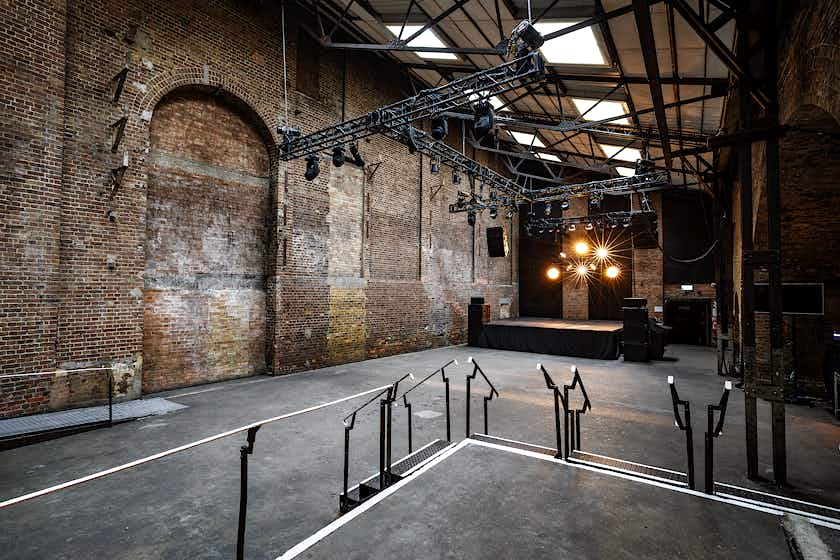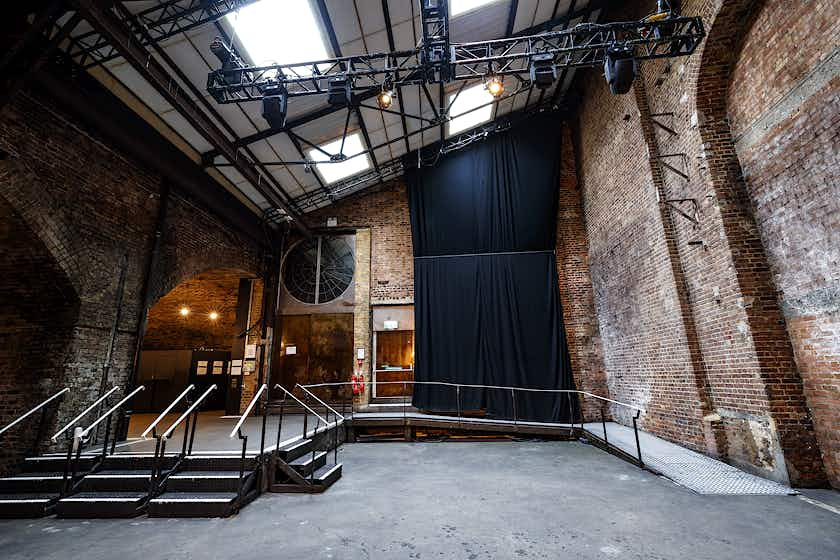If you are a musician or composer, you’ll
want to get your work out there at some point. While your orchestra may have
many dates booked to play, this rarely gives you the chance to play the pieces
that you want to, and to show your talent off in the way that suits you best.
The solution? Putting on your own classical music concert of course! This is a
difficult event to organise, but immensely rewarding and 100% worthwhile.
Step 1: Get the Musicians Together
Before you have a concert, you’ll need some
musicians. Reach out to people that you’ve always wanted to work with or have
worked with before and explain to them your idea. If you are working on a collaborative
piece, it’s important that you start early to ensure that you play well together.
Invite musicians from a range of disciplines to make sure that your concert has
variety. At the same time, the music should have a certain theme around it that
brings it all together. Getting all of the musicians you need together will take
some time, so have a date in your mind as to when you want the concert to take
place and reach out early.
Step 2: Find the Perfect Venue
Discovering the ideal venue for a classical
music concert comes with its own set of problems, so start your search early. There
are hundreds of different halls for hire in London, you just need to take the
time to view some of them before deciding on the one that’s perfect for your
event. With a classical music concert, there are extra items that you need to take
into consideration before booking.
Set Up
While the concert hall you choose might seem
perfect, you need to look at how all of the instruments are going to be placed,
whether the venue has the capacity to fit them all, and whether it’s equipped
acoustically to deal with it all. Will it be easy to get a piano into the
venue? If not, you might need to look elsewhere. Thinking about how your music
is going to sound to everyone in the audience is crucial, so you’ll need to thoroughly
test these before booking.
Technical Issues
While it’s a classical concert, you’ll
still need a lot of tech up and running. Some of the instruments will be
electric, and you’ll need to make sure that your venue has the capacity to deal
with this alongside multiple microphones and lighting. The venue might have
their own tech team, but you also might need to hire some of your own people
who are used to working at classical concerts.
Accessibility
We’ve already mentioned the difficulty of
getting a piano into a venue, but you’ll need to think about how difficult
access will be for all of your musicians. How much parking is there nearby? Is
there good access to public transport for those who will need to travel with an
instrument? You might find a hall that seems like it would be perfect, but if
it’s difficult for the musicians to get to, you may find that some back out of
the concert. You’ll also need to think about how your audience will get there.
There’s no concert without them after all.
Step 3: Have a Grand Finale
While you may be thinking about your concert
in terms of individual recitals, it’s important that you give the audience
something big at the end of the show. The best way to do this is with a large
collaborative piece that brings as many musicians from throughout the night together.
This will take a lot of work and practise, so you will need a good conductor to
keep everyone together. If you have something like this however, you’ll sure to
have a standing ovation from everyone.
Step 4: Promote
Once you have the date and the venue set,
you need to start promoting your concert far and wide. Develop a poster that
you can put up everywhere that’s local and start advertising on social media.
Don’t be afraid to encourage the musicians involved to share it with as many
people as they can. This isn’t the time to be modest. If you don’t get the
ticket sales, then the concert isn’t going to be a success. Utilise the
contacts that you already have and send them a personal message inviting them
to attend. You can even take out advertisements in your local newspaper to
promote your concert as much as you can.
Step 5: Tickets
The price of the tickets is something that
you will need to carefully consider. Too low and you won’t make anything from
the event or be able to pay the musicians and the other people that you’ve
hired to help. Too high and you will struggle to fill the music hall that you’ve
hired for the occasion. Take a look at what other similar events have been
costed at and use this as your basis when pricing your tickets. Are seats
closer to the front going to be priced differently? You will also need to make
sure that it is easy for your audience to get hold of tickets. One way to boost
sales is to have an early bird offer which will encourage people to buy well in
advance in order to save money. You should have an easy to use online ticketing
option, but tickets should also be available to purchase on the night if they
are still available.
Organising a classical music concert takes
some meticulous planning skills, not to mention hours of rehearsal time! Being
able to bring the music that you love to a new and engaged audience makes to whole
event worthwhile, and you’ll waste no time in starting to plan your next
musical evening for them to enjoy.


























